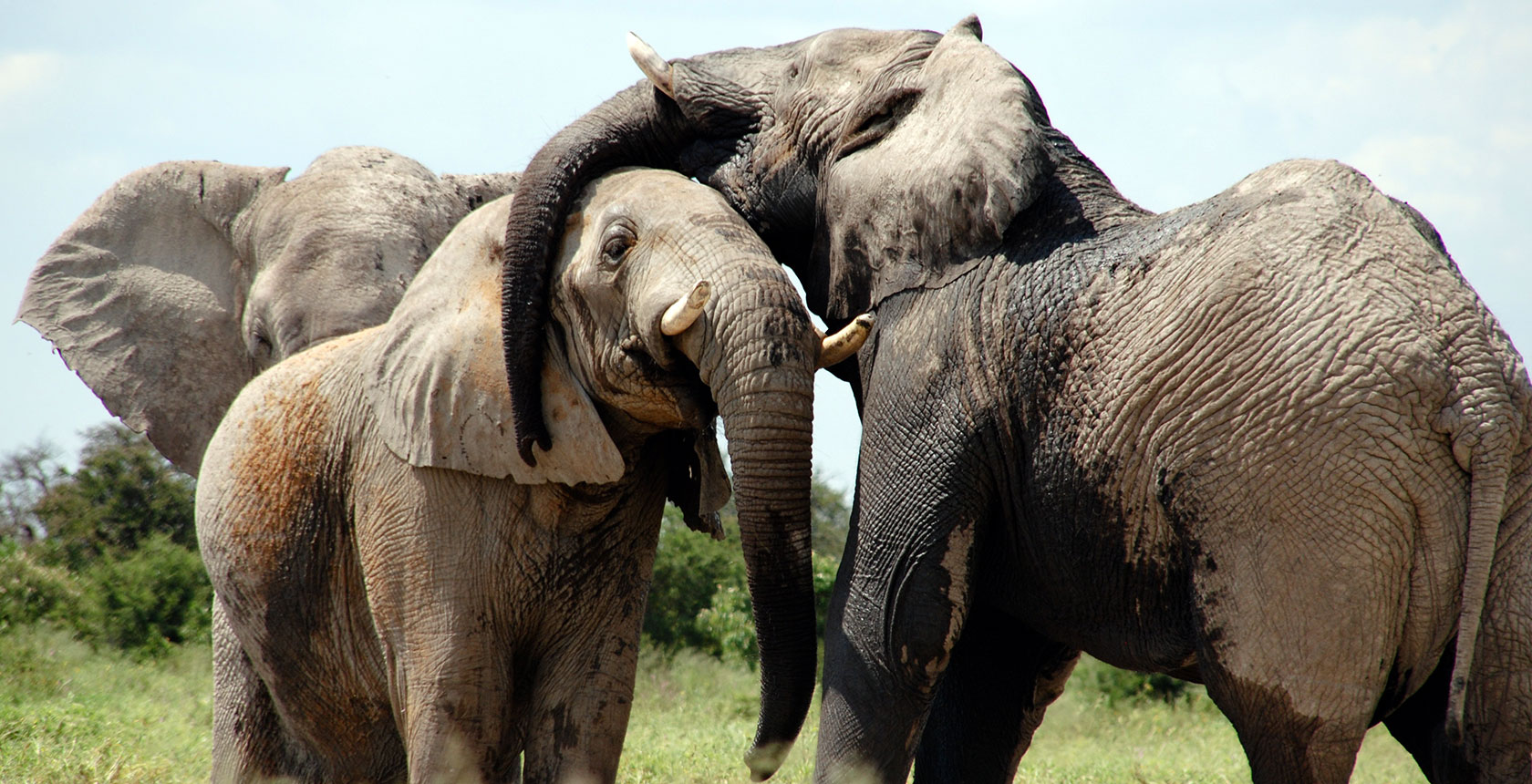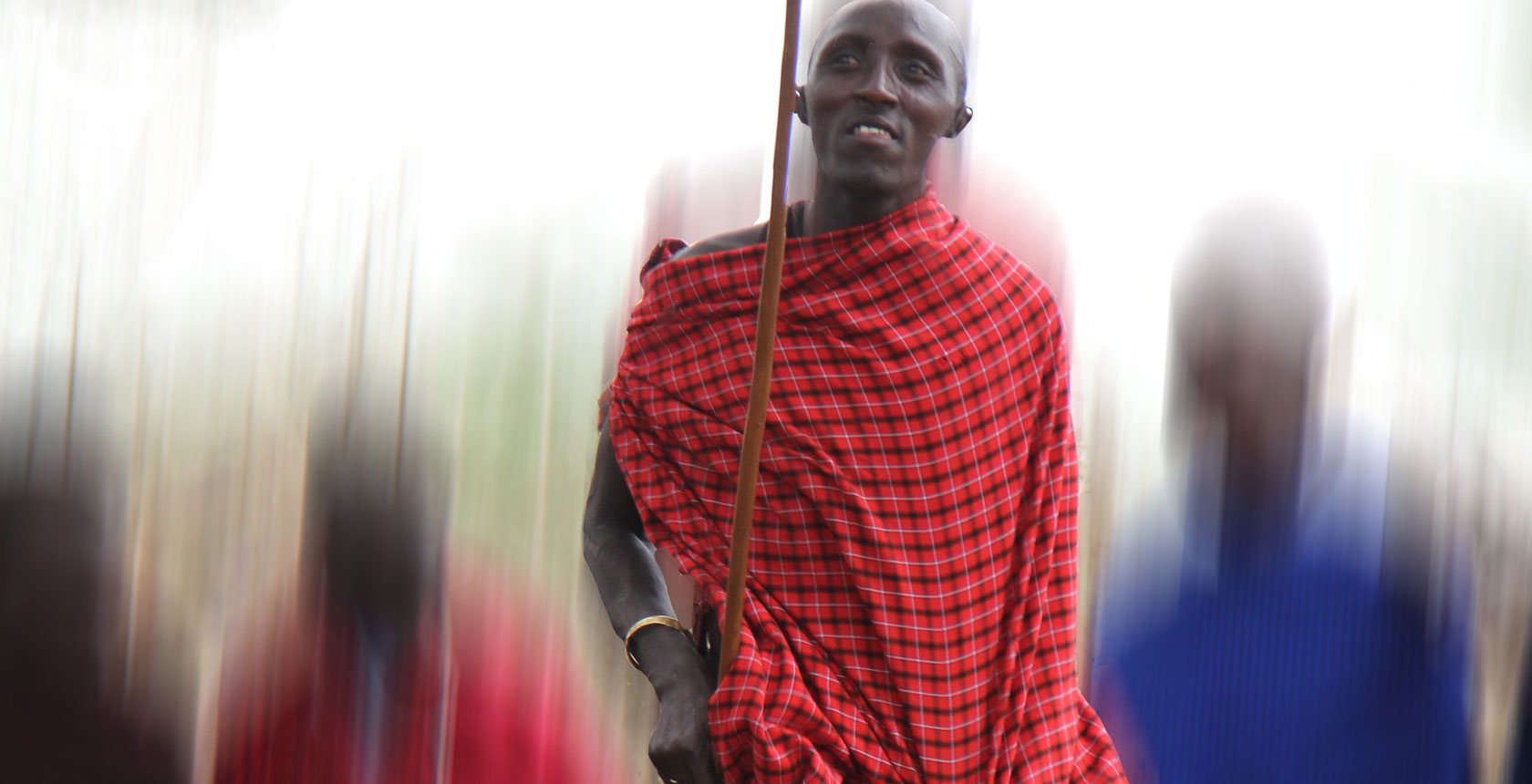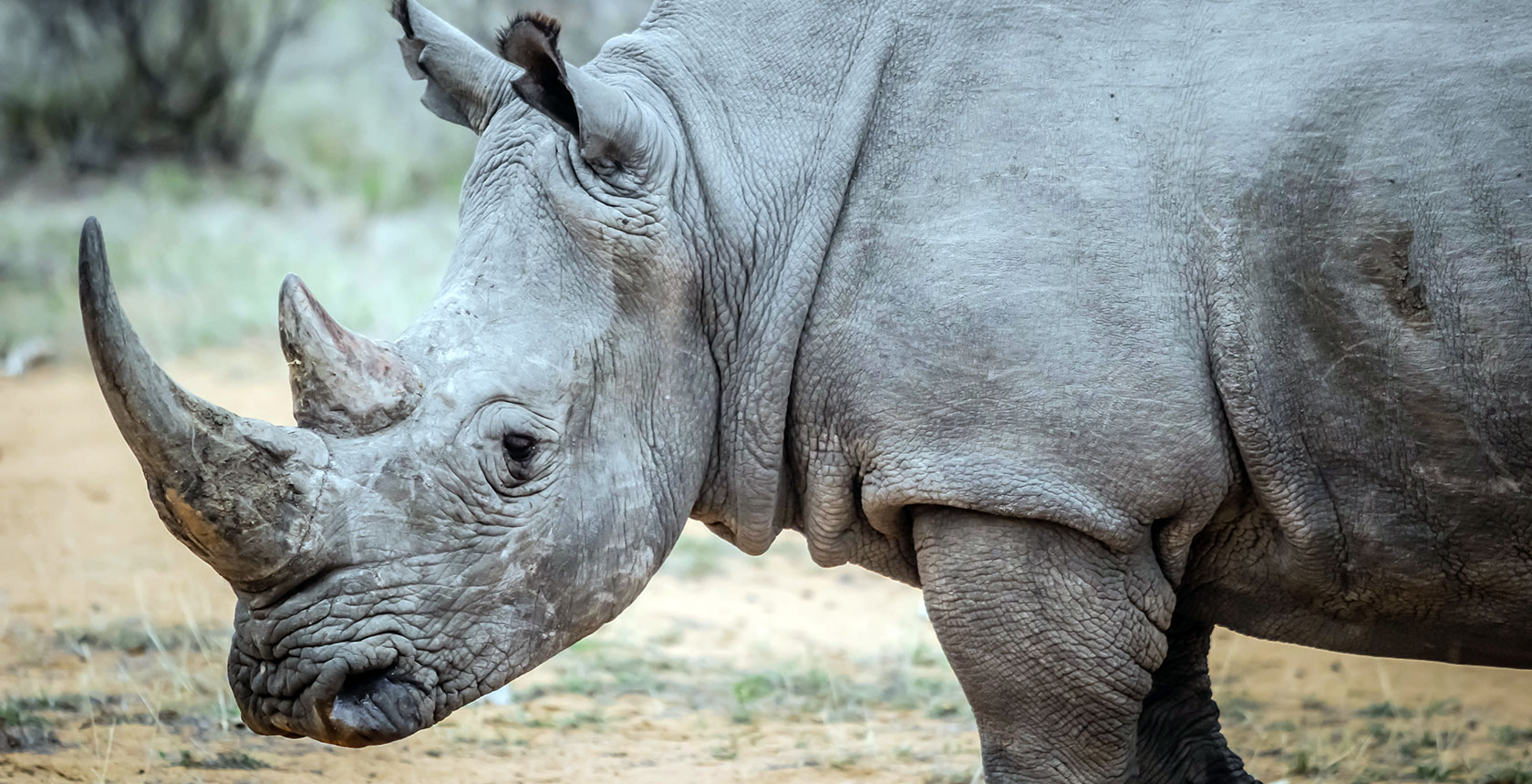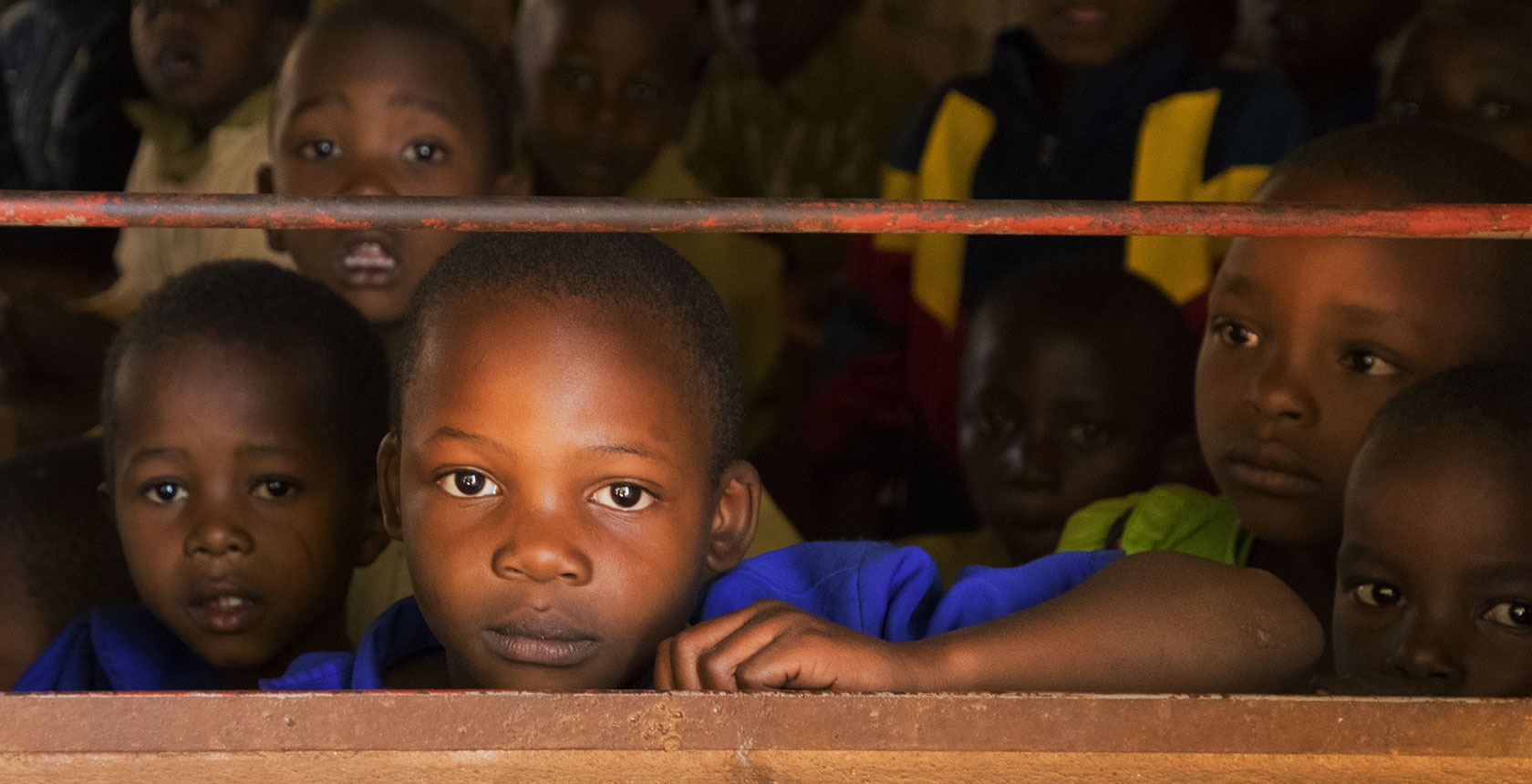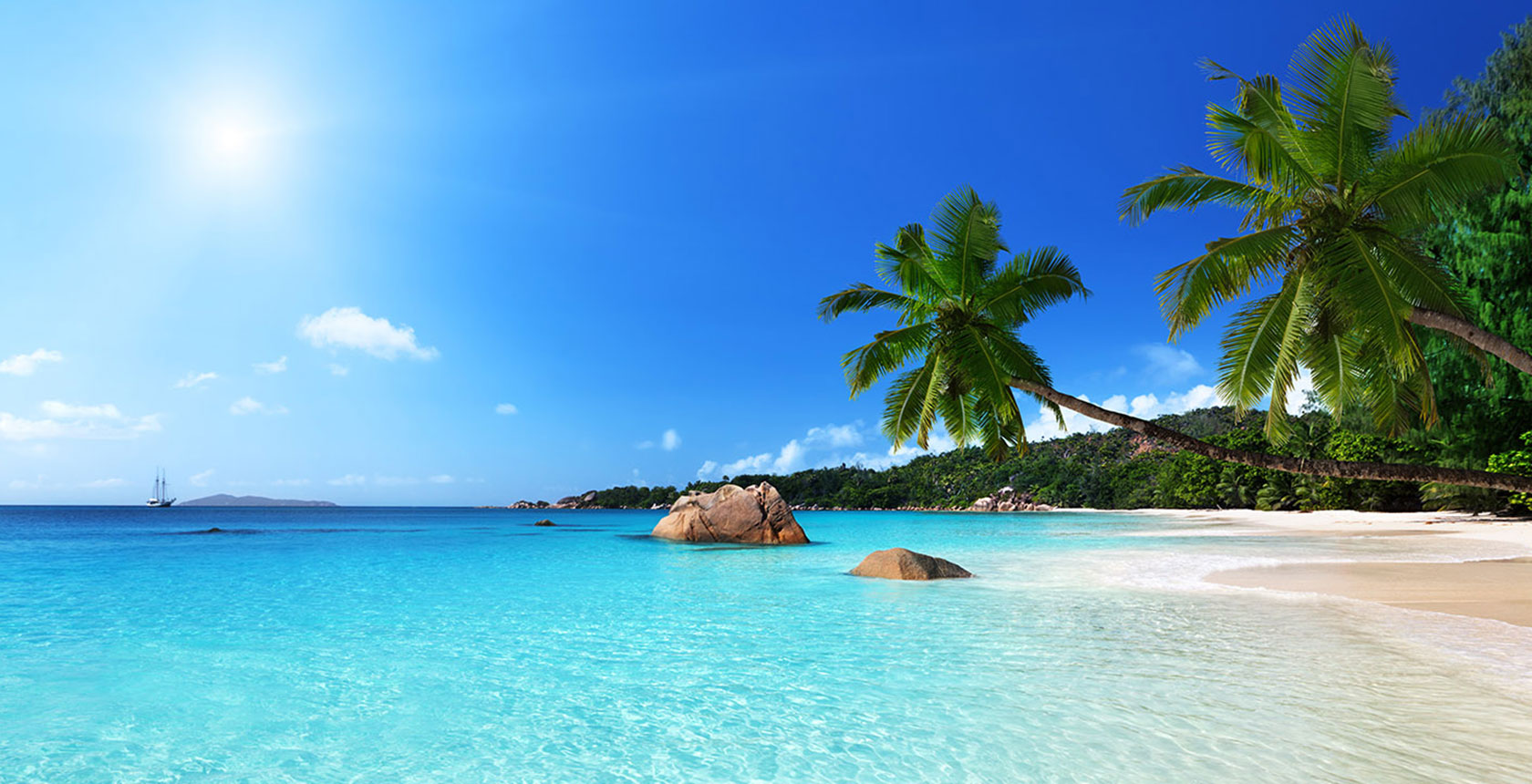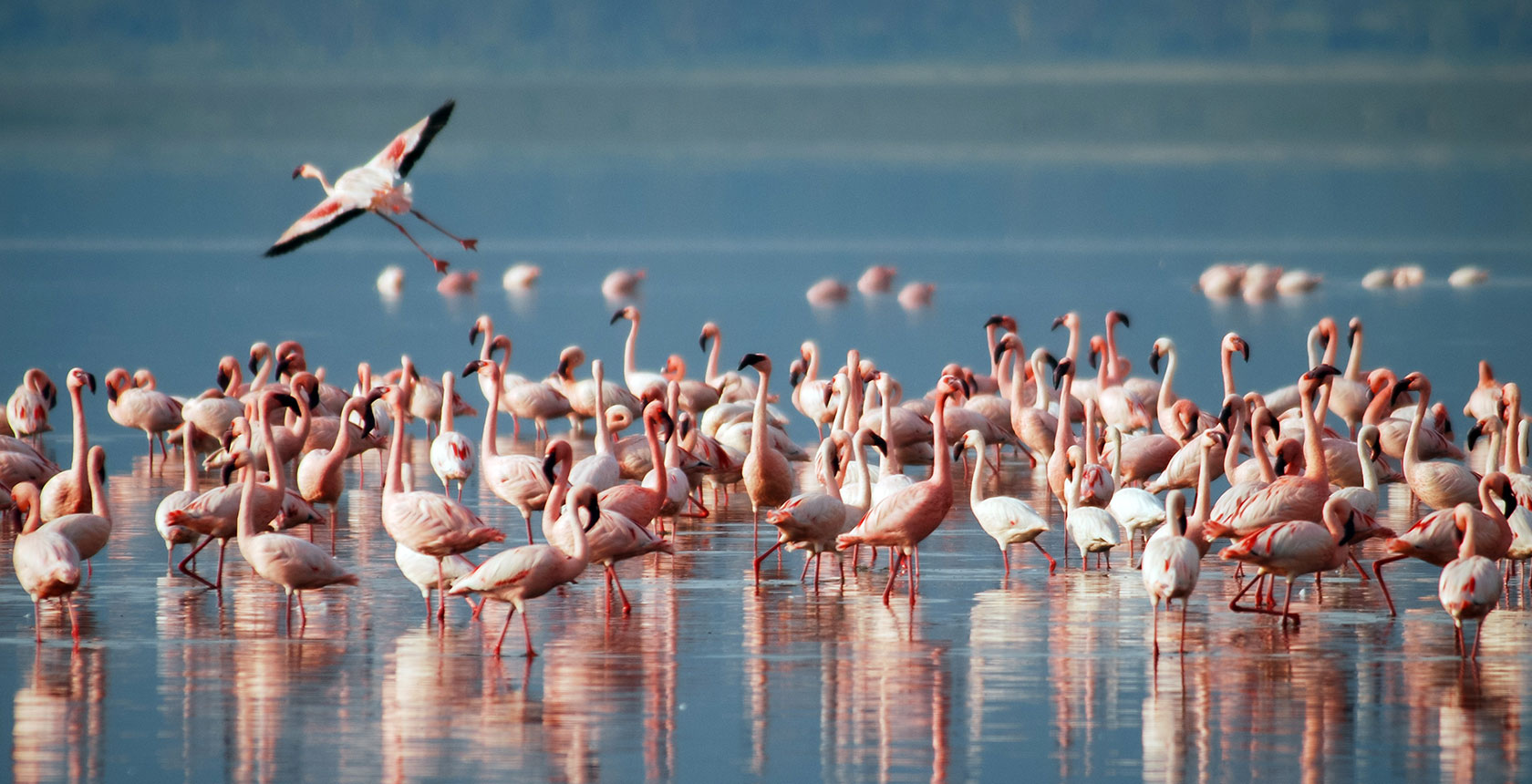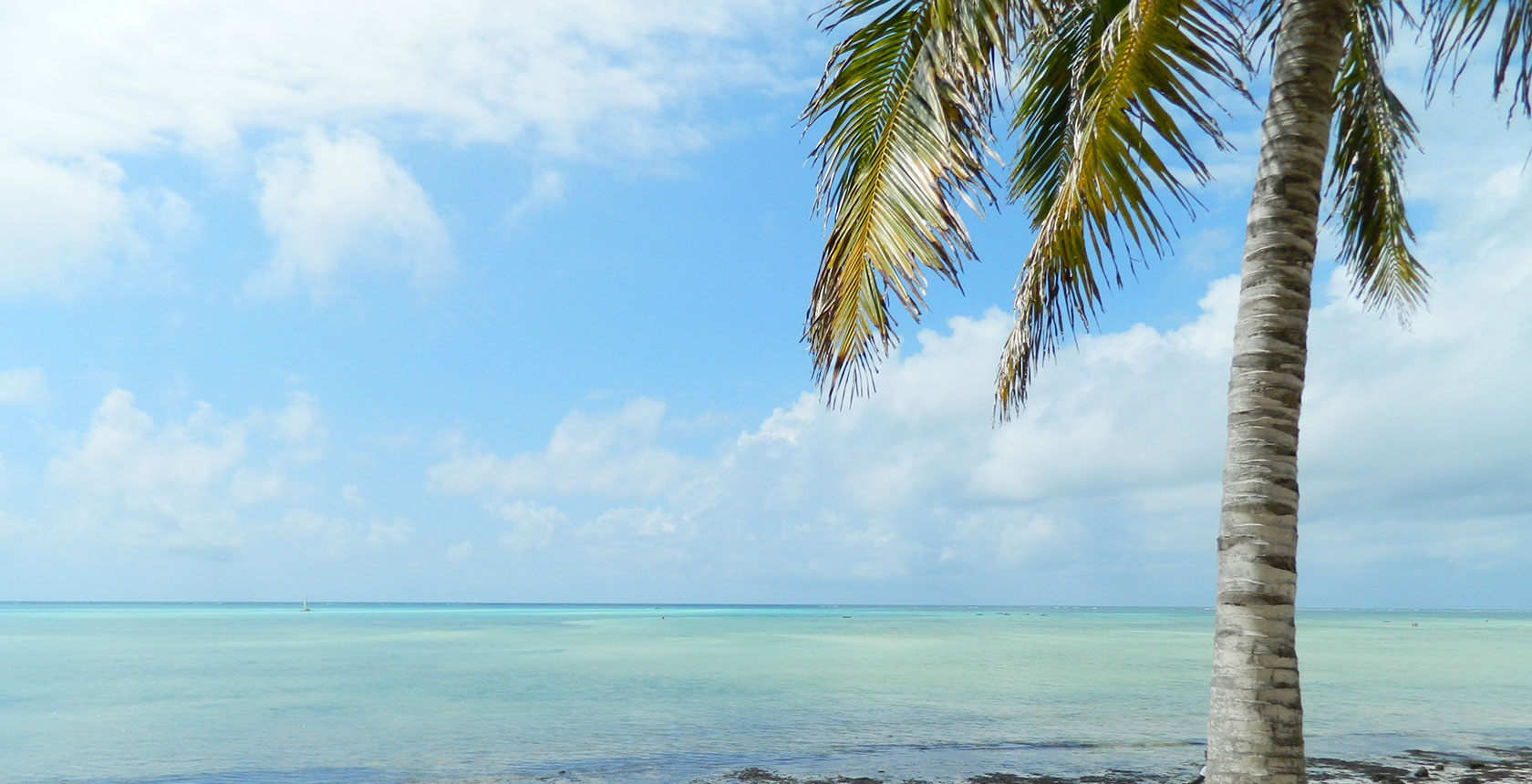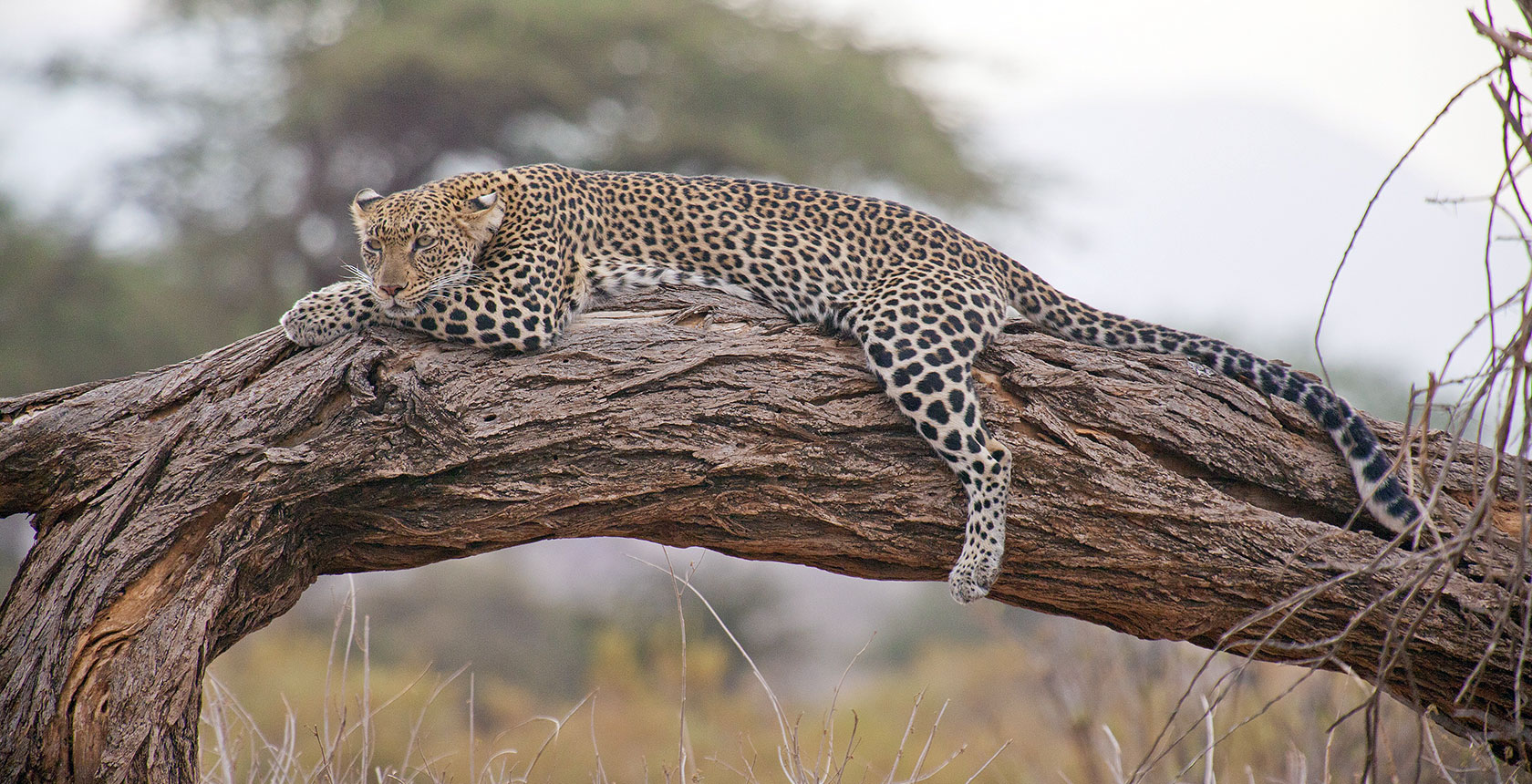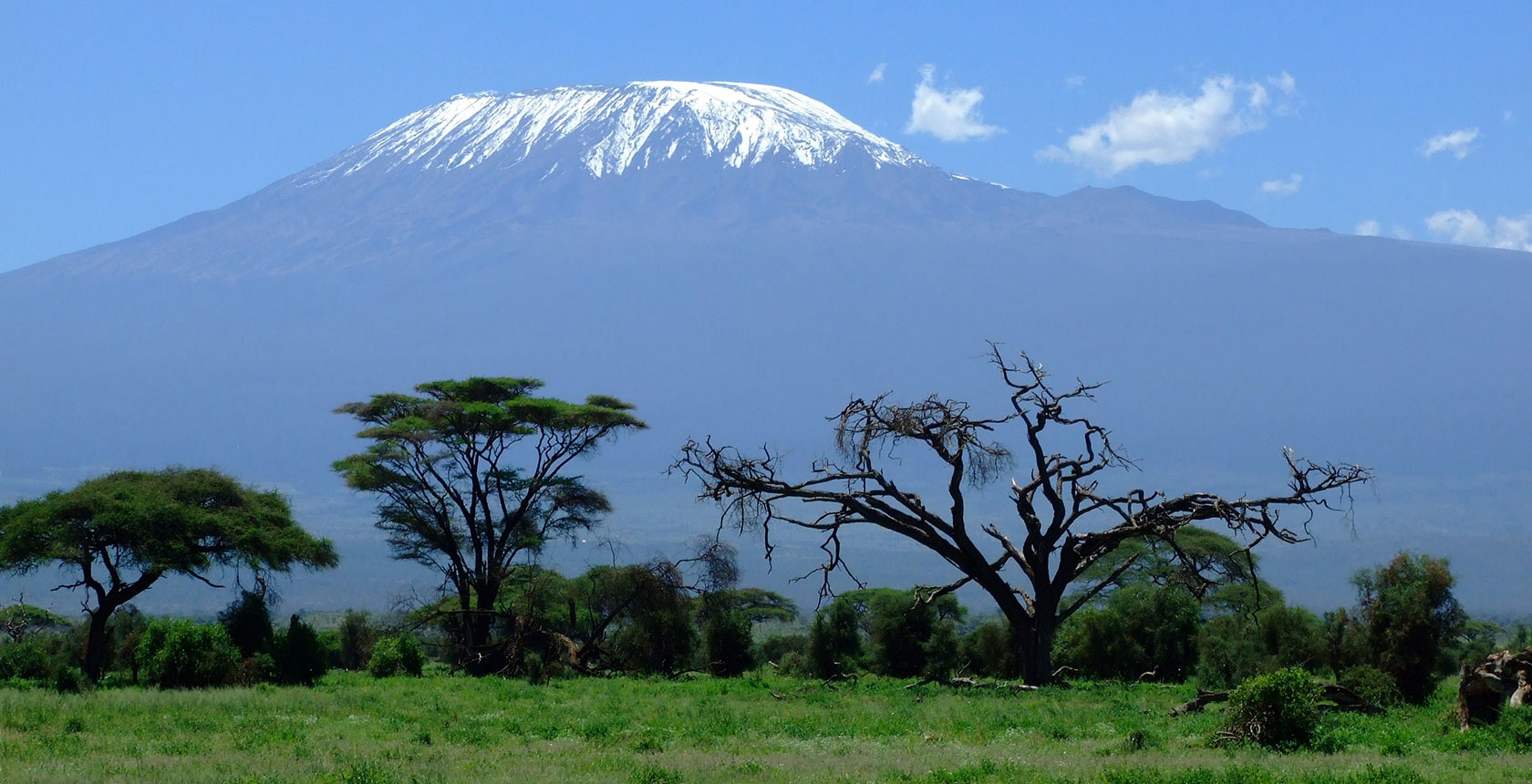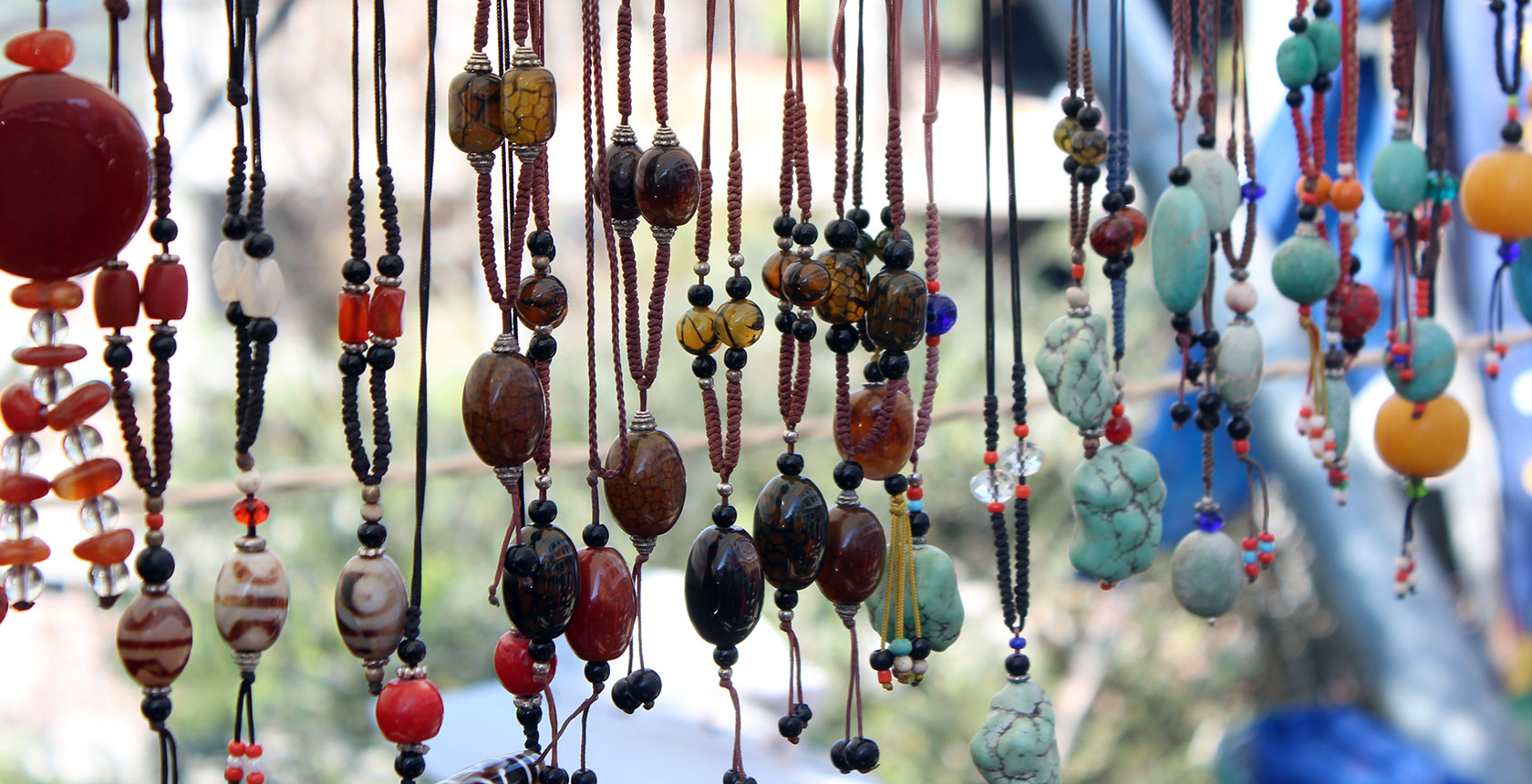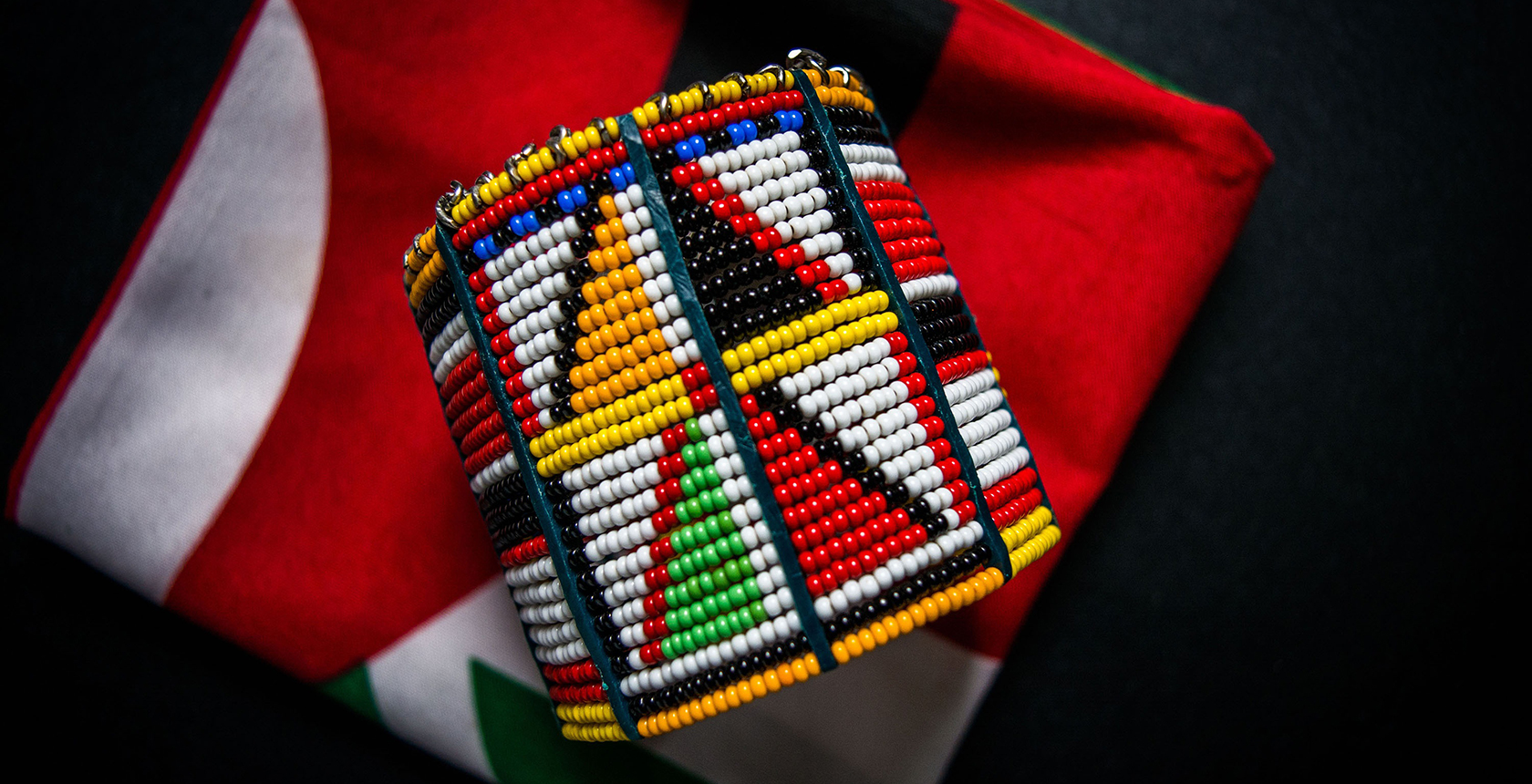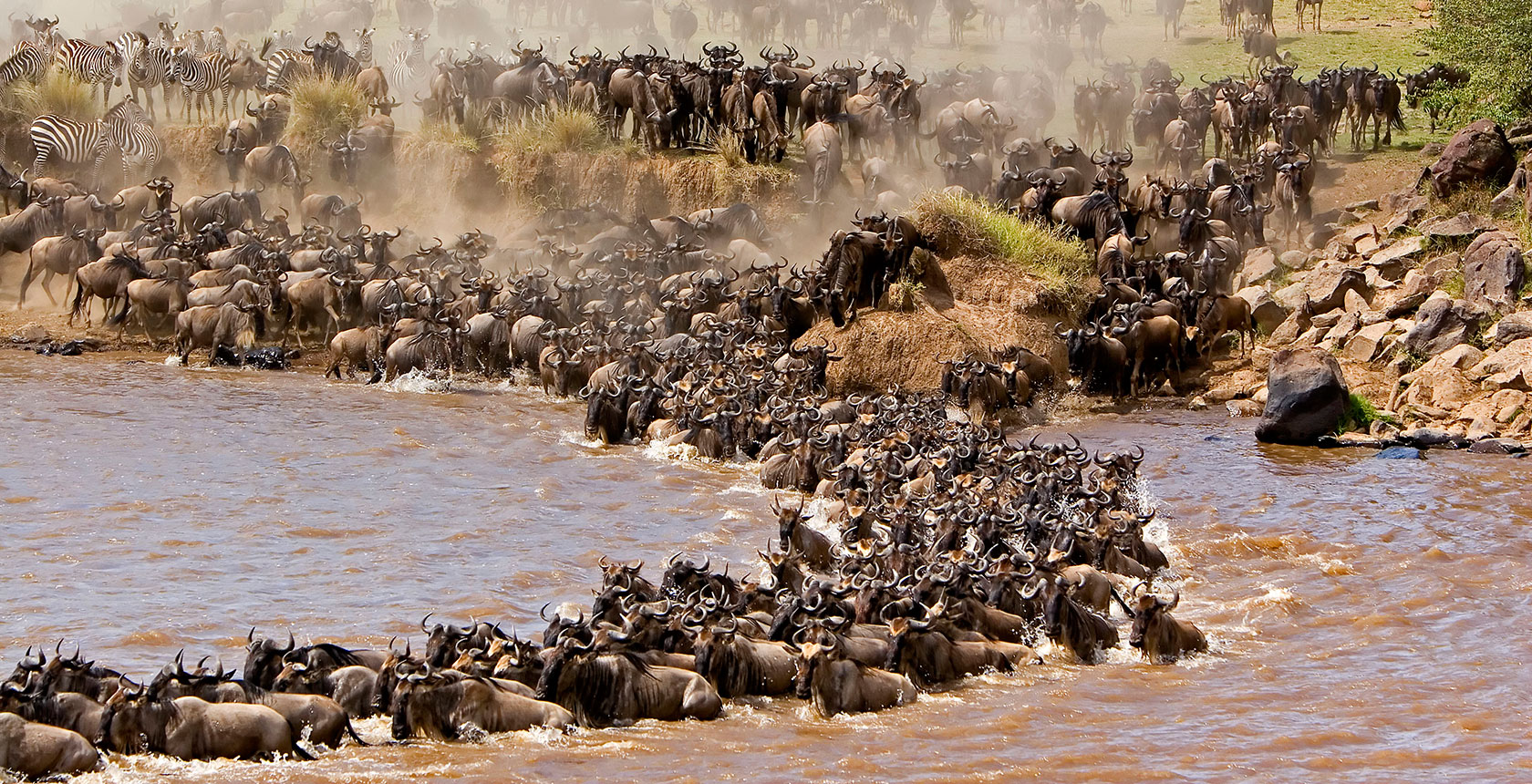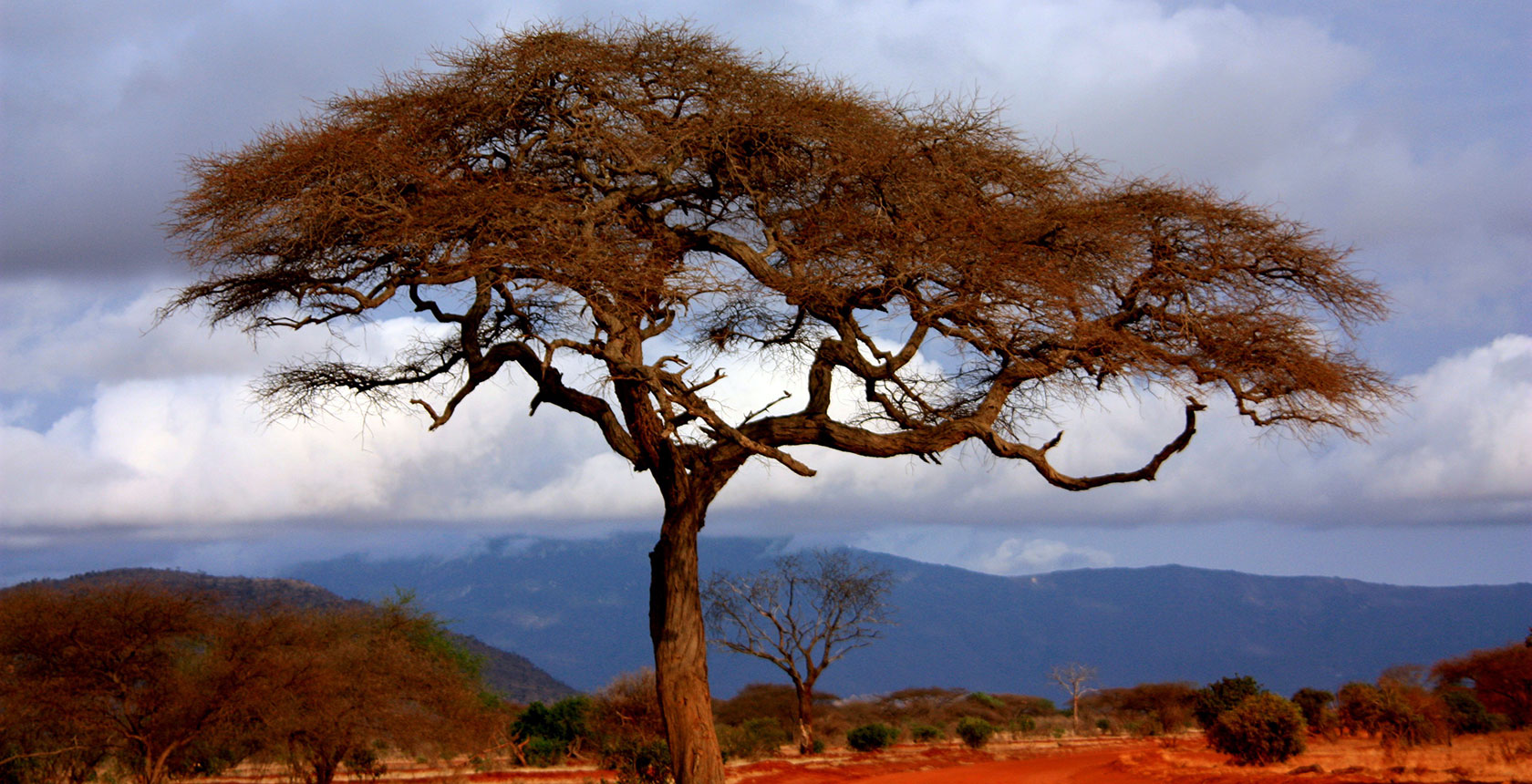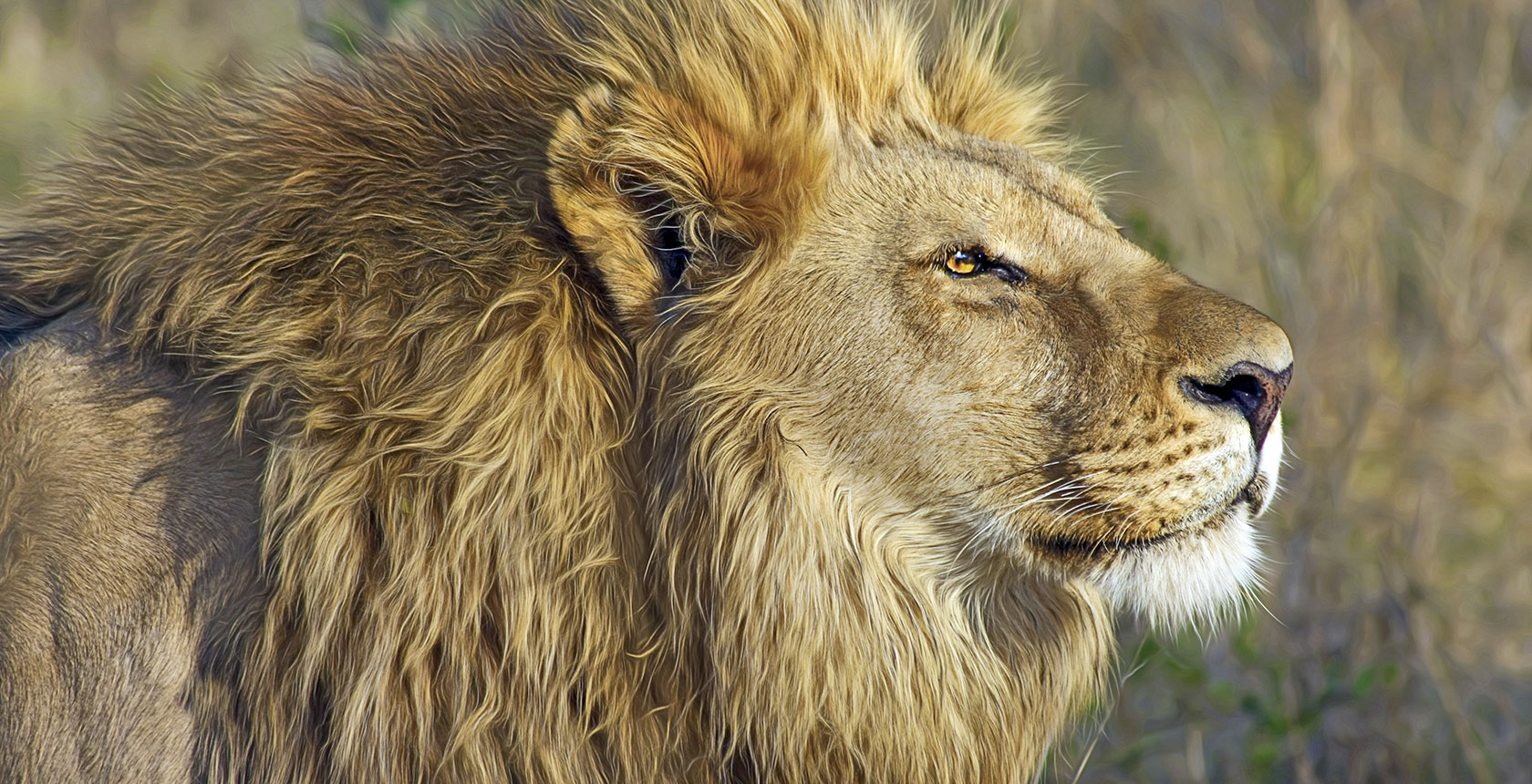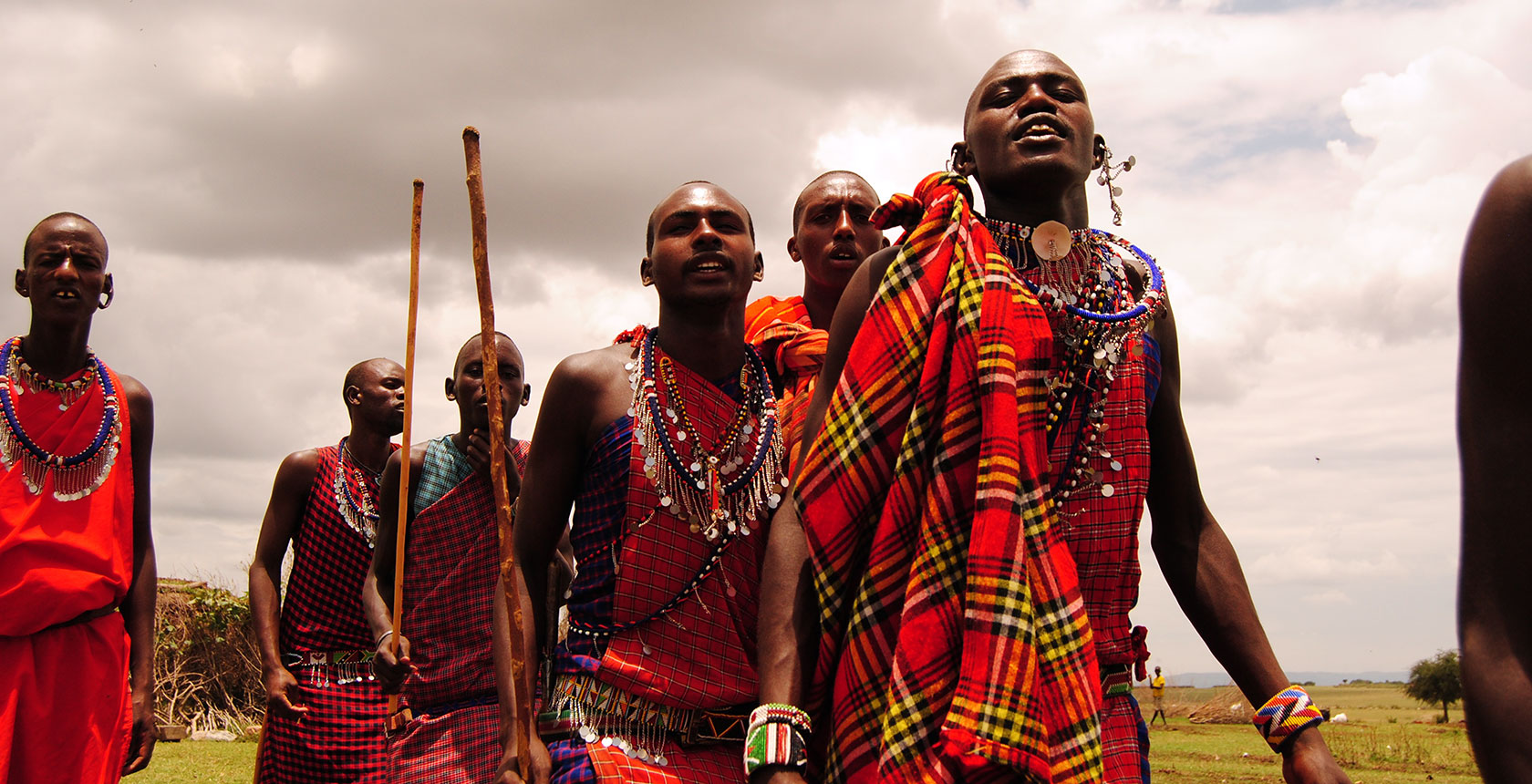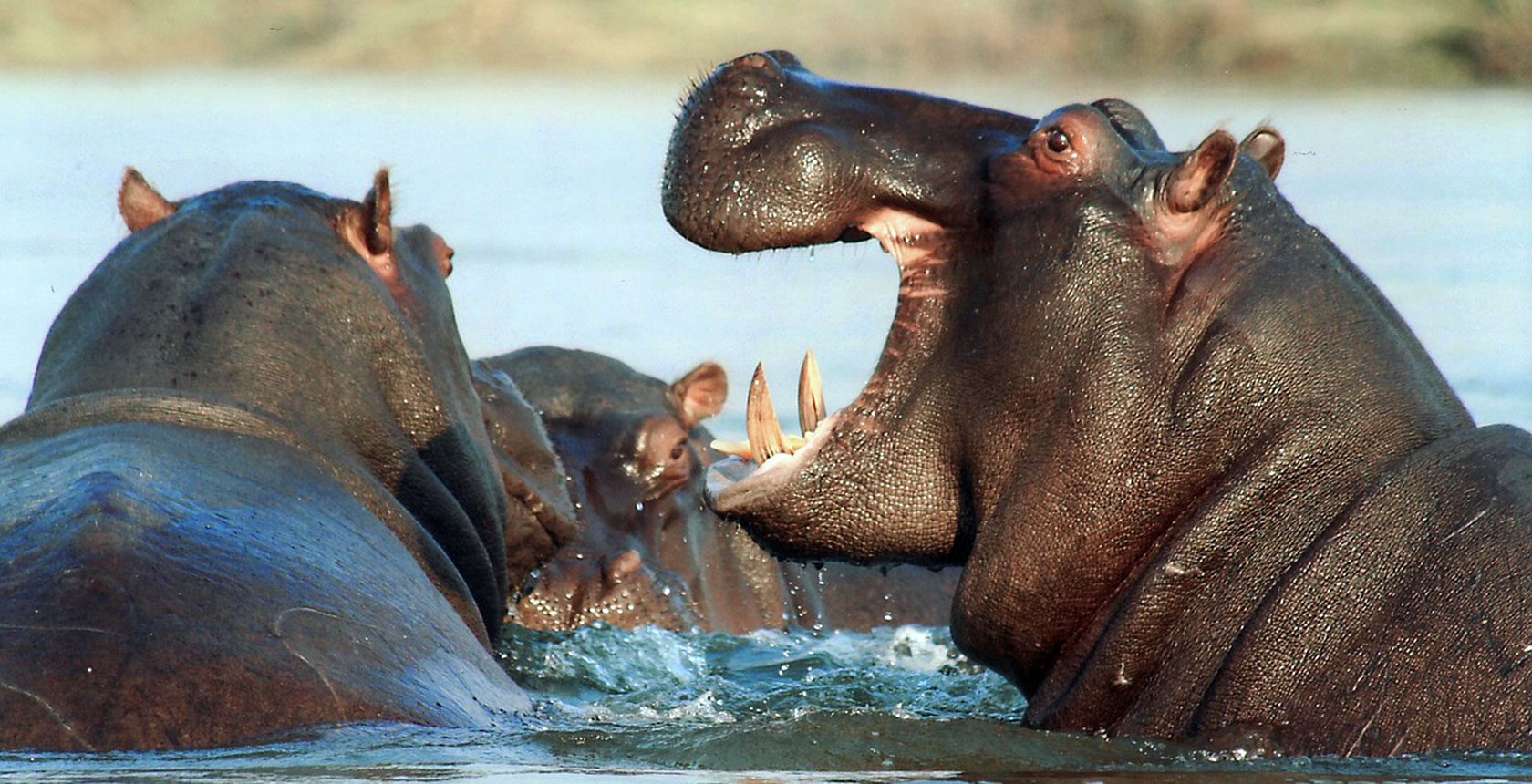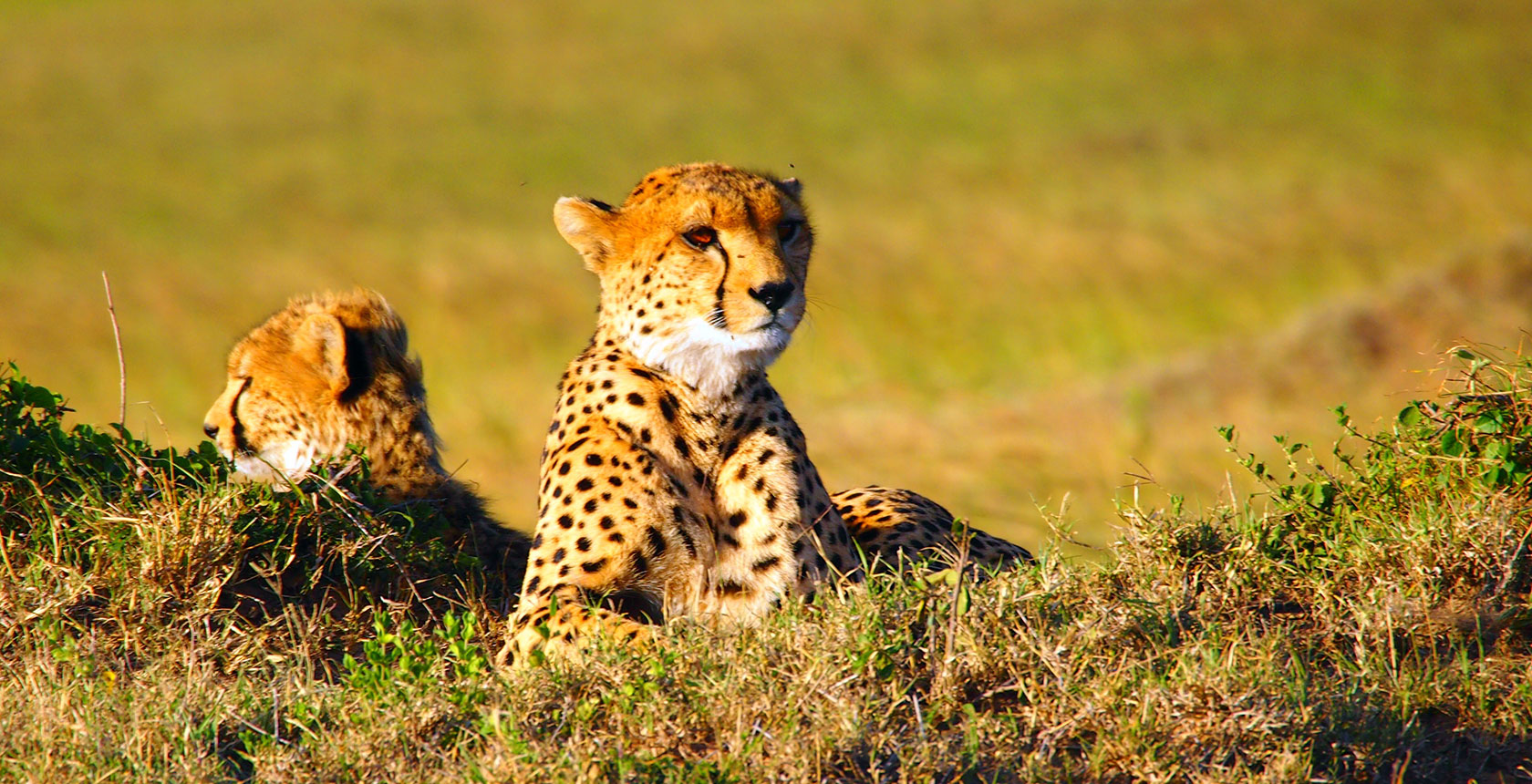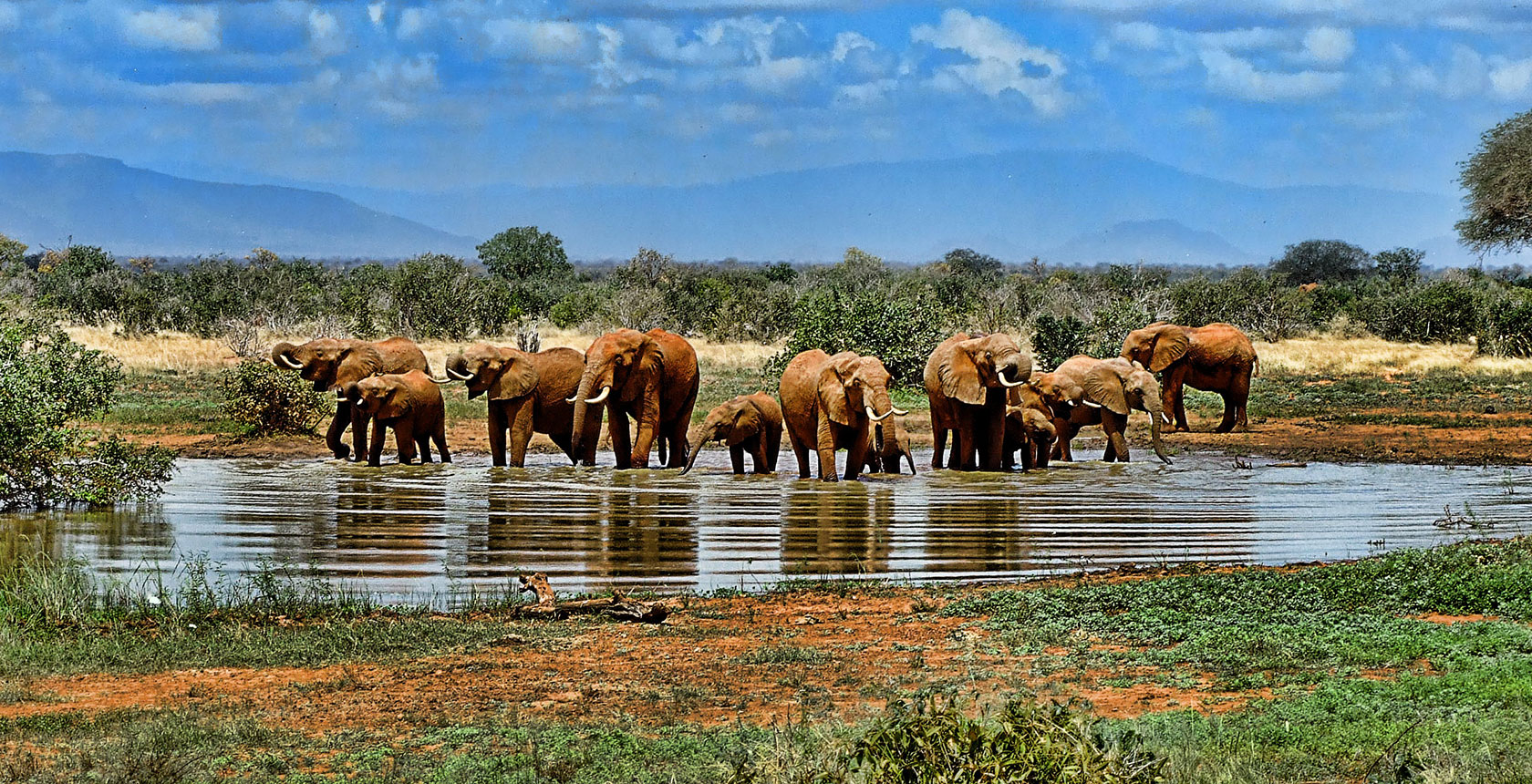From the awe inspiring marine reserves of the Eastern coasts, the impressive array of bird life in the central national parks such as Nakuru, and the world renowned safaris trails of the Masai Mara reserve in the north, Kenya is a land of hugely diverse natural surroundings.
The wildlife for which Kenya is famed for is, however, not the only reason why hundreds of thousands of tourists visit this captivating land every year, many come for the other attractions such as the rich culture and heritage of the indigenous tribes, and the astonishing natural environments that encompass this beautiful country.
Quick Facts
Fun Facts
- Kenya is named after Mt Kenya, the tallest mountain in the country (5,199 metres, 17,057 feet).
- Before marriage Kenyans still pay a dowry to the bride’s family, which starts at 10 cows
- Kenyans usually drink their beverages hot or at room temperature. Hot beer, anyone?
Travel Highlights
- Visit Malindi on Kenya’s beautiful coastline for a spot of surfing, snorkelling, scuba diving, and other watersports
- Witness the greatest flamingo gathering on Earth at Lake Nakuru National Park
- Take a hike and soak up the amazing scenery on Mount Kenya
- Visit Kenya’s most impressive and popular wildlife spectacles at the world famous Masai Mara reserve
- Bird watching and wildlife tracking in the enchanting Kakamega forest
Where is Kenya?
Kenya is situated right along the equator, on the eastern coast of the Africa. The country’s coastal region is on the southeast, with amazing coastline on the India ocean. With Somalia to the east, and Ethiopia is to the north, the Sudan to the northwest, and Uganda directly to the west. The south-western border of Kenya is marked by the hugely impressive Lake Victoria, and southward lies the Masai Mara region and Tanzania.
Kenya’s geography is amazingly diverse. While much of north-eastern areas are flat, bush-coated plains, the remainder of the country contains some astonishing white-sand beaches, some indescribable scenery in the highlands and lake regions, the Great Rift Valley, and the truly magnificent Mount Kenya.
Climate in Kenya
Although Kenya’s varied environments experience a wide variety of climate conditions, the temperature in this remarkable land remains comfortably warm year-round due to its central positioning on the equator. As with many countries on the equator, Kenya does experience a seasons in the form of wet and dry. Much of Kenya receives heavy rainfall from March through to May and from October through to December. The best time for most outdoor activities, including the ever popular safaris, coastal trips and mountain climbing, is during the dry season of June to September, when the majority of Kenya’s visitors descend on the country.
Languages in Kenya
Kenya is a multilingual country, with a range of different tribal and regional languages spoken in different areas of the country. There are however two main languages spoken by the people of Kenya, they are Swahili, and English. Swahili is the traditional language used to communicate throughout the country, and the latter, English, was inherited from the British Empire’s colonial rule, and both of which are widely spoken in this diverse nation.
There are a total of 69 known languages spoken across Kenya, which is a fantastic reflection of the country’s hugely diverse population that contains the vast majority of major ethno-racial and linguistic groups that can be found in Africa. The local, tribal and regional languages spoken in Kenya in the most part belong to two language families, the Bantu (Niger-Congo) language branch, and the Nilotic (Nilo-Saharan) language branch. As with many African nations, Kenya has a range of other language dialects that have been introduced by other ethnic groups, for example, the Cushitic and Arab residents speak their own languages belonging to the Afro-Asiatic language family, and the Hindustani and British residents speak languages belonging to the Indo-European language family.
All Kenya’s ethnic groups will speak with their mother tongues when communicating in their own communities; however Kenya’s two official languages, Swahili and English are spoken widely, with English being predominant in commerce, schooling and government.
People of Kenya
The people of Kenya, as with many African nations, are extremely friendly and welcoming to those visiting their county, going out of their way to help you out and make you feel at home during your stay. The population of Kenya is mostly composed of those of African decent (97%), however due to the ethnic diversity of Kenya, this high percentage is made up of over 70 different tribal groups, each with their own cultural norms and way of life. The most significant tribal groups in Kenya are the Kikuyu, Kamba, Gusii, Luhya, and Luo. Kenya’s tribal origins mean that many of these tribes are distinguishable by their authentic, and striking, face-paint and clothing.
Kikuyu – The Kikuyu are a group of Bantu people, who speak the Kikuyu-Bantu language as their mother tounge. This tribal group constitute the single largest ethnic group in Kenya, with their main settlements concentrated in the Mount Kenya region of the country.
Kamba – The Kamba (pl. Akamba) are another Bantu ethnic group who occupy a a region in the Eastern Province of Kenya, from Mairobi to Tsavo, and up to Embu. This area is known locally as Ukambani.
Gusii – Also known as the Kisii or Kosova people, the Gusii are a Bantu speaking community who inhabvit the highland areas of the hills of western Kenya between Lake Vistoria and Tanzania. The Gusii are likely to have been occupying this highland territory for some 500 years.
Luo – The Luo people are a Nilotic group consisting of several ethnic groups that inhabit a huige area of Africa ranging from South Sudan and Ethiopia, through Uganda and Congo, into Western Kenya and the Masai Mara region of Tanzania.
Travelling in Kenya
You will have your weekends free to explore this diverse and beautiful country, so be sure to see as much as you can while you are in Kenya. Getting around this exciting nation is great fun, as well as having some spectacular sights along the way.
There are 3 main forms of transport available to you:
Taxis – these are generally more reliable and safer (in terms of the vehicle condition). ALWAYS take officially registered taxis only which are easily identified as they have yellow wing panels and generally a taxi sign on the roof.
Matutu – the most common option. These are a shared transport vehicle (usually a mini-bus style van) on set routes, usually displaying a board on the front with the destination.
Intercity buses – long distance bus service between cities and towns. Reliable and good value.
Your in-country coordinator knows the area inside out and she will be able to give you all the information and tips that you need to make sure don’t miss a thing. Kenya has plenty to offer so you are certain never to get bored! Some of the activities you could get involved in include visiting the world famous national park, Lake Nakuru, which is right next to your placement and best known for it’s huge array of flamingos. You could also have a go at scuba diving and snorkelling in Mombasa, exploring the famous Masai Mara reserve, hiking up Kenya’s largest mountain Mount Kenya, white water rafting down Tana river, bird watching at Kakamega forest and even a trip to the river Nile.
Gap Year and Career Breaks in Kenya
Kenya is such an incredible destination, giving visitors a real sense of Africa’s pride and heritage. With sensational landscapes that sprawl from every border of this dazzling nation, and a truly charismatic population, a gap year or career break placement will Kenya could open your eyes to the wonders that Kenya holds, making for a genuine life changing trip.

